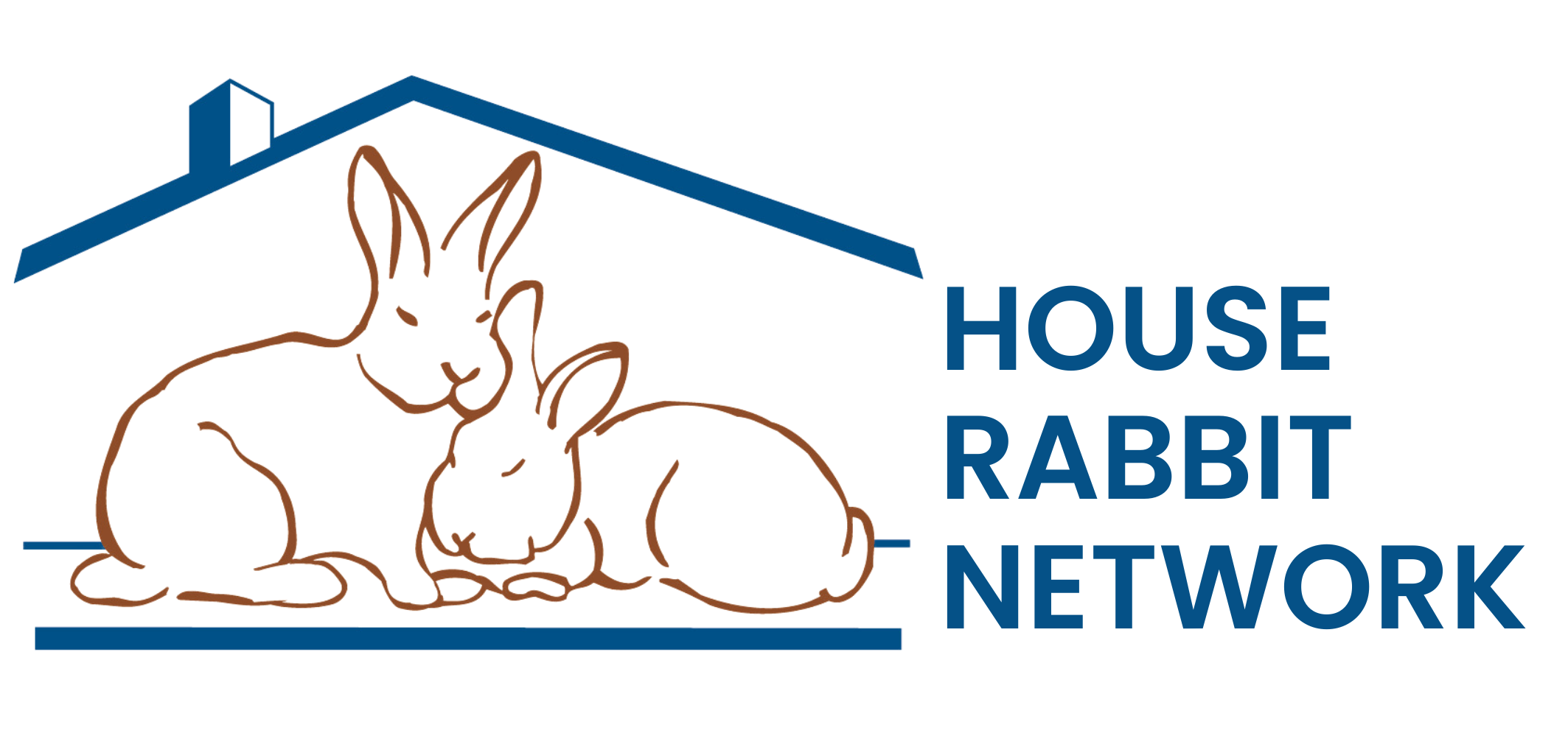RHD Vaccination Clinics – HRN Shelter, Westford MA
In an effort to protect our rabbits from Rabbit Hemorrhagic Disease (RHDV2, or RHD), the House Rabbit Network is hosting RHD vaccination clinics at our shelter in Westford MA. If this is your first time getting the vaccine, your rabbit will need a second booster 21 days after their first shot. Please make sure you can attend two consecutive clinics. If your rabbit has been previously vaccinated and simply needs their annual booster you can sign them up for just the single dose.
Price: $50 per vaccine ($100 for both shots) and includes a basic exam by the veterinarian.
Vaccine schedule:
Sunday Jun 30 (with second shot Jul 21 if needed)
Sunday Jul 21
Sign up here ttps://calendar.app.google/xWweTDHTigFmRNMA7
Additional clinic dates will be posted here once they are scheduled. If you would like to receive an email with a link to sign up as soon as our next clinics are available, please submit your contact information here.
In addition to HRN’s clinics, Weare Animal Hospital (Weare, NH) will be hosting clinics.
About Rabbit Hemorrhagic Disease (RHD)
House Rabbit Network is highly aware of heightened concern regarding Rabbit Hemorrhagic Disease (RHD), an extremely contagious virus that can affect both wild and domestic rabbits. RHD is spread through direct contact with an infected rabbit, indirect contact (feces, urine, and shared items), as well as through contaminated food, water, and insects that may have interacted with an infected rabbit. Symptoms may include: loss of appetite, lethargy, high fever, seizures, jaundice, bleeding from the nose, mouth, or rectum, difficulty breathing, and sudden death.
At this time there has not been a reported case of RHD in Massachusetts, but there have been two confirmed cases in domestic rabbits in nearby states (New York in 2021 and Connecticut in 2022), and we anticipate that this could increase as the disease spreads in wild populations. In preparation for this possible eventuality, it is vital that we are all educated on RHD, the routes of transmission, the precautions to take to ensure safety, and we now have the ability to vaccinate domestic rabbits to prevent and/or lessen the effects of the disease. The RHDV2 vaccine made by Medgene is still classified as experimental, but has been granted Emergency Use Authorization by CVB (USDA Center for Veterinary Biologics), and that Emergency Use Authorization has now been granted in Massachusetts to combat the likely possibility of the disease spreading.
Other than vaccinating your rabbit, the best way to keep them safe is through good biosecurity, or limiting their exposure to sources of infection. This includes keeping them away from other domestic or wild rabbits, their excrement, or items other rabbits have used such as toys and bowls. Since the disease can also be spread by food and water, you can lessen the likelihood of spreading the disease to your rabbit by properly washing produce, ensuring they have clean water, and sourcing your rabbit’s hay from somewhere without a current outbreak.
If you suspect a case of RHD in a domestic rabbit, please notify your veterinarian IMMEDIATELY. Do not bring your rabbit into their office, wait for their instructions. If you suspect a case of RHD in a wild rabbit, please notify your veterinarian and also state wildlife officials (In Massachusetts- http://www.mass.gov/orgs/department-of-fish-and-game). While at this time, there have been no reported cases in Massachusetts, House Rabbit Network asks for your help in being proactive in reporting suspected RHDV.
